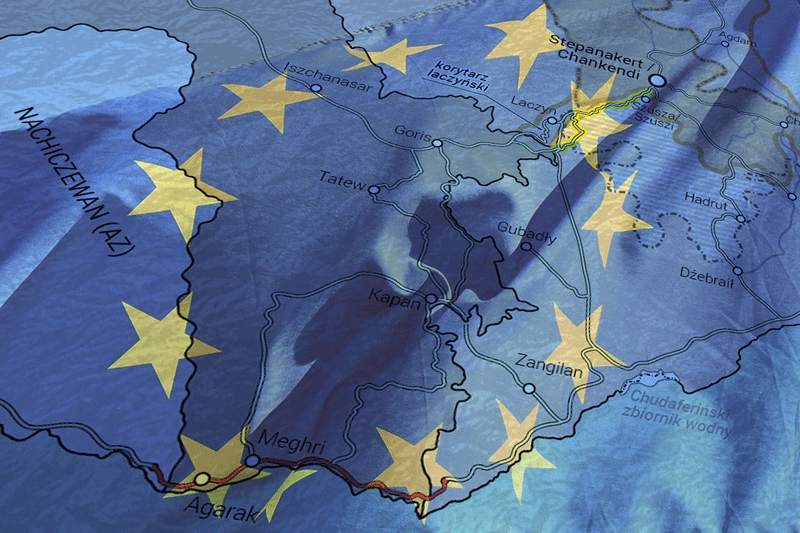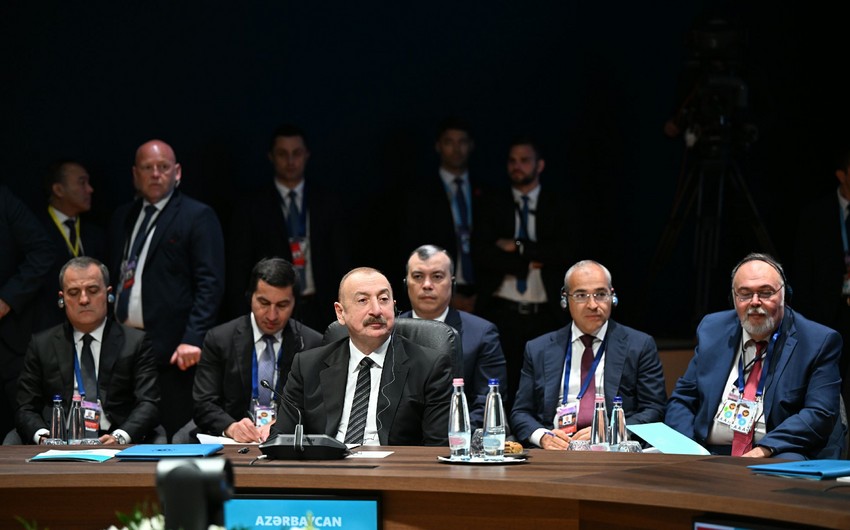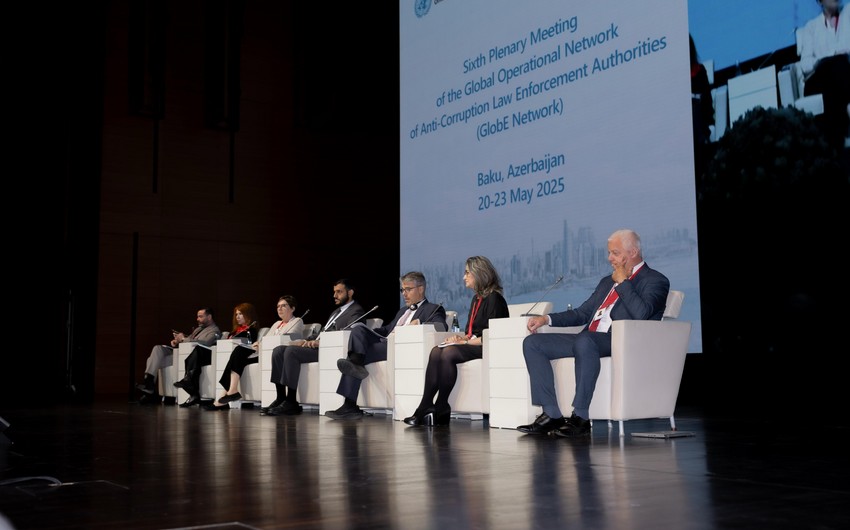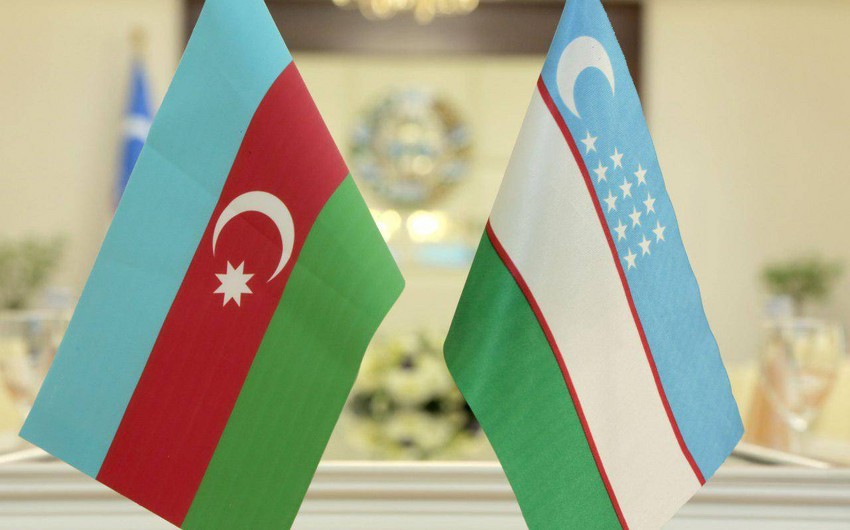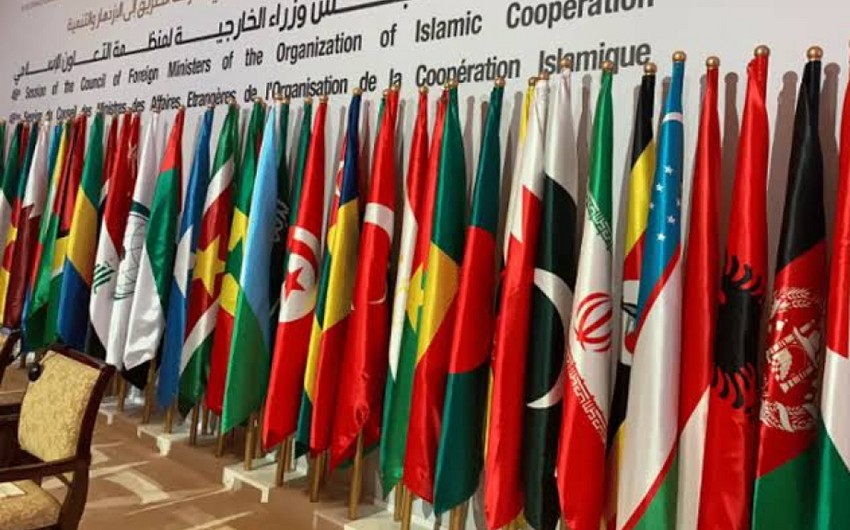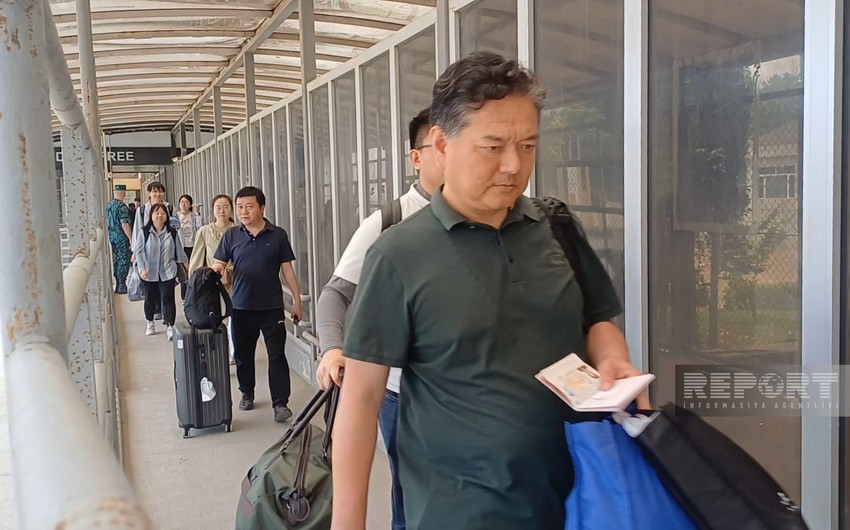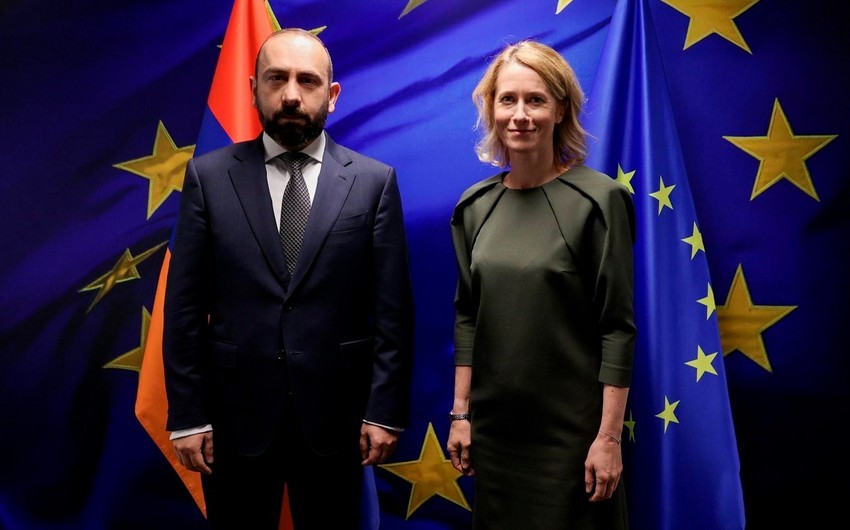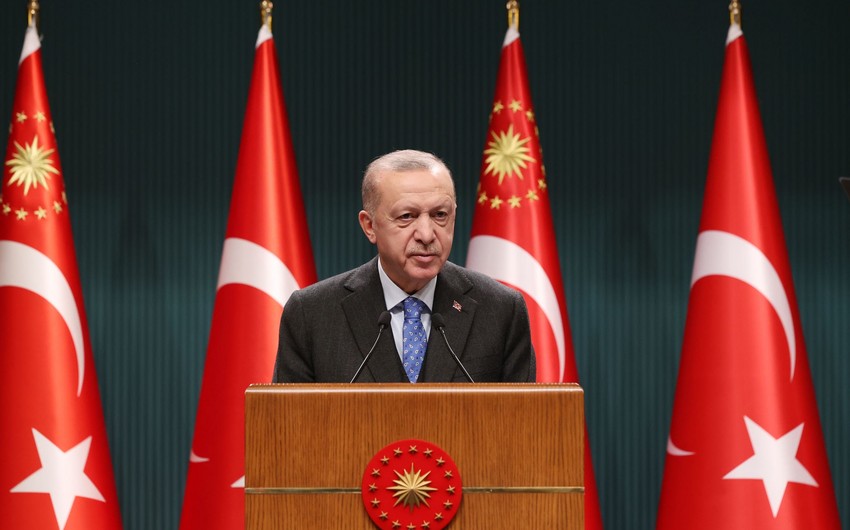Umud Mirzayev, president of the International Eurasia Press Fund (IEPF), has questioned whether the West possesses a clear strategy or roadmap for the South Caucasus. In an interview with Ednews, Mirzayev criticized what he sees as a distant approach towards Azerbaijan and efforts to marginalize Georgia.
"Does the West have a clear strategy or roadmap for the South Caucasus? We see a distant attitude towards Azerbaijan and attempts to alienate Georgia. How reasonable are efforts to settle in the region over Armenia alone?"
Mirzayev highlighted the strategic interests of the West in the South Caucasus, noting its historical engagement shaped by geopolitical considerations. He underscored Armenia's significance as a preferred partner, contrasting it with cautious Western policies towards Georgia, influenced by lingering conflicts with Russia.
"The West has not presented any statement or program regarding the South Caucasus, and as far as I know, there is no road map in this regard. The fact is that the West, and not only the West, but also the United States, has always had interests in the South Caucasus."
Mirzayev emphasized Armenia's recent geopolitical shift away from Russia, noting its historical dependence on external support compared to Azerbaijan's independent policies and stable economic position.
"Currently, Armenia completely rejects Russia. In general, Armenia has not had an independent policy since its existence until today. It has not been an independent state. That is, it is an outpost country. Its existence has depended on some country."
Regarding Russia's regional influence, Mirzayev expressed skepticism about Western dominance, given Russia's military presence in Armenia and control over parts of Georgian territory.
"The Russian army continues to exist in Armenia, and a large part of Georgia's territory is under Russia's control. That is, I do not think that there is a West or a second superpower in the South Caucasus."
Mirzayev concluded by suggesting that Azerbaijan's neutral stance serves as a strategic counterbalance to prevent further Western influence facilitated by Armenia's vulnerabilities.
"Therefore, Russia's attention is currently more on Ukraine, but as these issues subside, it will most likely try to consolidate its positions in the South Caucasus. This logic, i.e., the implementation of Western policy on Armenia alone, is also the reason that the interests, i.e. proposals that do not satisfy Azerbaijan, any move that is not in accordance with the national interests of our country are strictly prevented by Azerbaijan. Therefore, they are trying to enter the South Caucasus today due to the fact that Armenia is the weak point," he said at the end.

